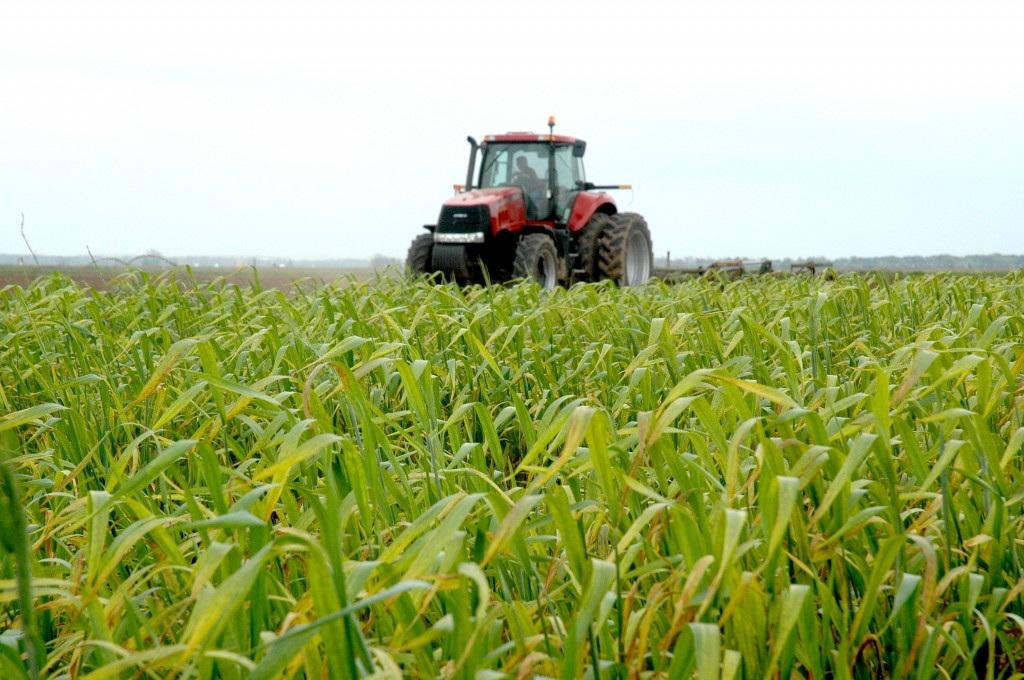Denmark will be the first in Europe to Tax Agricultural Emissions

Denmark has set a groundbreaking precedent in Europe by approving a new tax aimed at curbing carbon dioxide emissions from agriculture, a sector pivotal to its economy. Following five months of intensive negotiations involving farming and environmental groups, the Danish government reached a historic agreement on imposing taxes on harmful emissions from agriculture, as reported by Politico.
Starting in 2030, Danish farmers will be required to pay 120 Danish kroner (approximately 16 euros) per metric ton of carbon dioxide emissions. By 2035, this levy is set to increase significantly to 300 kroner (about 40 euros) per metric ton. The move underscores Denmark’s proactive approach to tackling climate change and aligns with its ambitious emission reduction targets.
In addition to the carbon tax, the Danish government has committed a substantial 5.3 billion euros towards ambitious environmental initiatives. This funding will support the reforestation of 250,000 hectares of farmland by 2045 and the preservation of 140,000 hectares of lowland areas by 2030. Furthermore, the government plans to implement a buy-back program for certain farms, aimed at reducing nitrogen emissions—an issue of significant environmental concern.
Denmark, renowned globally for its substantial pork and dairy exports, faces a critical juncture as it addresses the environmental impact of its agricultural sector. Currently, agriculture accounts for an estimated 46% of the country’s emissions, a figure that is projected to be reduced significantly by 2030 under the new measures. On the other hand, the investors can still open a new company in Denmark.
While the agreement marks a significant milestone in Denmark’s climate policy, it must still receive parliamentary approval, slated to occur following the summer recess. The proposed legislation reflects Denmark’s commitment to achieving carbon neutrality and underscores the country’s leadership in sustainable agricultural practices within Europe.
The introduction of a carbon tax on agricultural emissions is expected to incentivize farmers to adopt more sustainable practices and invest in technologies that reduce carbon footprints. It also positions Denmark as a pioneer in integrating environmental stewardship with agricultural productivity—a model that other European nations may look to emulate in their efforts to combat climate change.
As Denmark prepares to navigate the legislative process, stakeholders across sectors will be closely watching the outcome, which could set a precedent for future climate policies across Europe and beyond.

